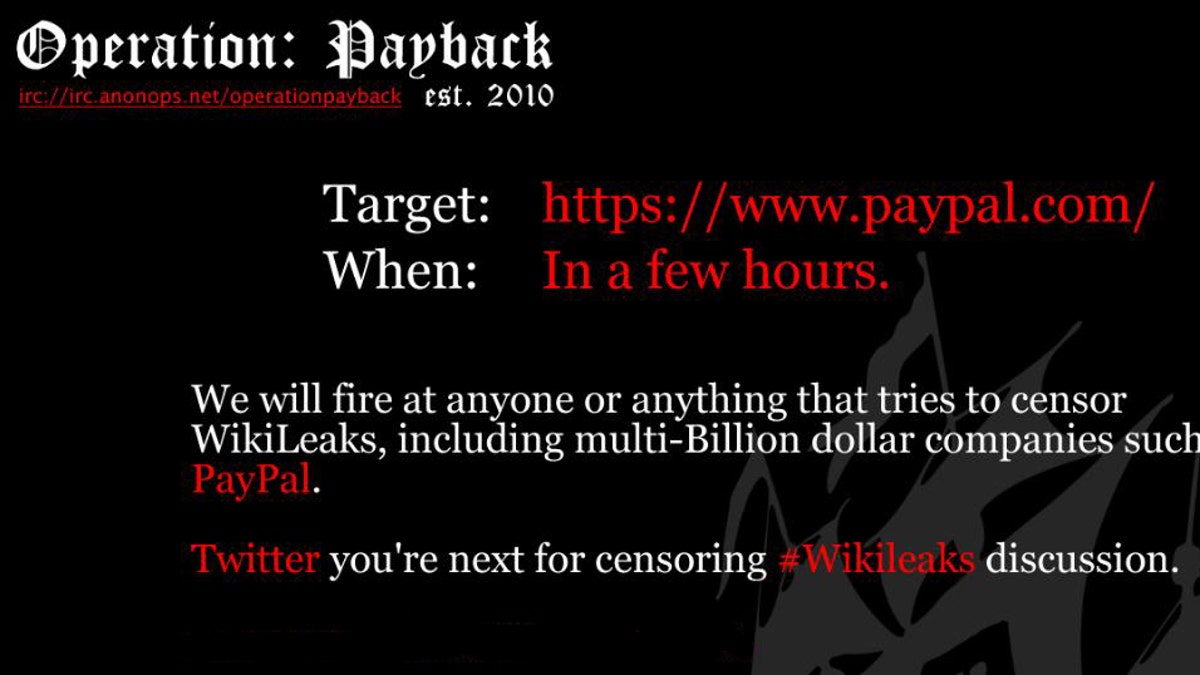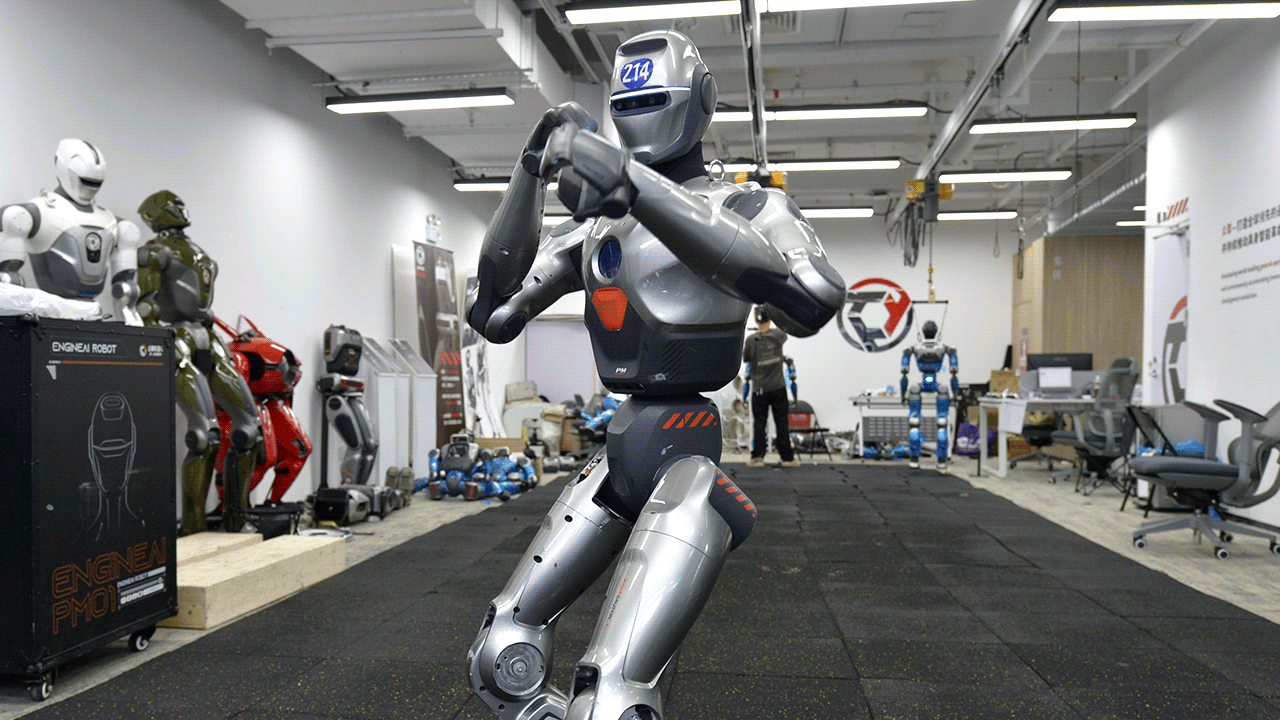
LONDON -- More cyber attacks in retaliation for attempts to block the WikiLeaks website are likely in a "data war" to protect Internet freedom, a representative of one of the groups involved said Thursday.
Though no major websites appeared to be under attack early Thursday, Swedish newspaper Aftonbladet said the Swedish government's website was down for a short time during the night. Sweden had issued an arrest warrant for WikiLeaks' founder.
"Anonymous has targeted mainly companies which have decided for whatever reason not to deal with WikiLeaks. Some of the main targets involve Amazon, MasterCard, Visa and PayPal," a spokesman calling himself "Coldblood" told BBC Radio 4.
"The campaign is not over from what I've seen, it's still going strong. More people are joining, more and more people are downloading the voluntary botnet tool which allows people to command DOS (distributed denial of service) attacks," he added.
The speaker, who had an English accent, said he was aged 22 and a software engineer.
Credit card giants MasterCard and Visa came under intense cyber attack on Wednesday as supporters of WikiLeaks retaliated for moves against WikiLeaks founder Julian Assange after the release of U.S. diplomatic cables that angered and embarrassed the Obama administration.
"I see this as becoming a war, but not your conventional war. This is a war of data. We are trying to keep the Internet free and open for everyone, just the way the Internet always has been," "Coldblood" added.
Assange is in a London jail after he was arrested over allegations of sexual assault in Sweden. His supporters say the accusations against him are politically motivated.
"It's very hard to get hold of anyone from WikiLeaks. The only (person) you could really get hold of was Julian, but unfortunately he's not available at the moment," said "Coldblood."
Denial of service attacks typically use botnets, or armies of computers that have been enslaved by criminal hackers, to bring down a website by hitting it with an overwhelming number of simultaneous requests for information.
But the MasterCard and Visa attacks seem to have come from a grass-roots effort organized by AnonOps.
It distributes sophisticated hacking software that is relatively simple for supporters to install on their computers.
"It is very easy to launch these attacks," said John Bumgarner, chief technology officer for the U.S. Cyber Consequences Unit, which monitors cyber attacks.
RETALIATION
The group used Twitter to seek supporters, referring them to its website, where they could download the software that turns a Windows or Mac PC into a weapon against the MasterCard site.
Sean-Paul Correll, a researcher with anti-virus firm PandaLabs who has been monitoring the activities of AnonOps, said the group had thousands of PCs in its volunteer army.
"This group of people has grown frustrated with trying to protest," he said. "They've finally figured out they can use technology to fight back, that they don't have to stand in a picket line."
WikiLeaks has come under international scrutiny after releasing a slew of diplomatic cables that angered and embarrassed Washington. Assange was arrested in Britain Tuesday over accusations of sexual offenses.
The attacks on Visa and MasterCard are apparent retaliation for the two largest credit and debit card processing company's move to block donations to the WikiLeaks website.
The AnonOps site links users to a chatroom, where some asked questions about how to use the software and others gloated about their success.
"MasterCard still down. Hell yeah," said one anonymous participant.
"Good job everyone!" said another user.
MasterCard said the attack did not compromise its core payment processing capabilities, but that there had been some limited interruptions to web-based services it offers customers. It did not elaborate.
Visa spokesman Paul Cohen said in an email Wednesday evening that its processing network "is functioning normally and cardholders can continue to use their cards as they routinely would. Account data is not at risk."








































